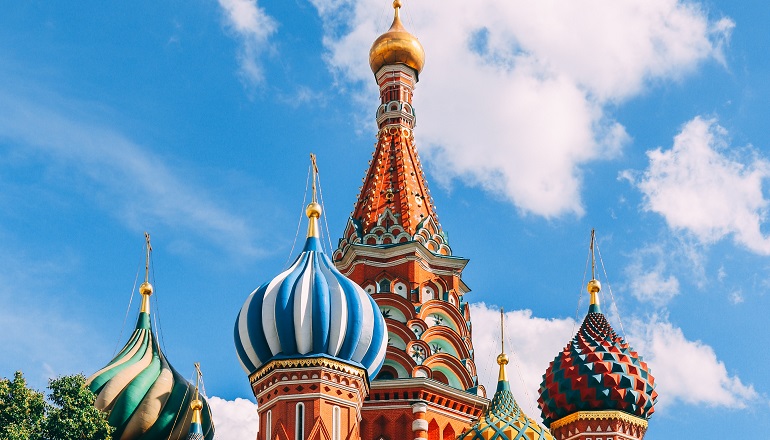It was Julia’s idea to revisit the Russian orphanage located outside Kaliningrad, where she was raised. It had been three years since her adoption, and she was now almost 10. Her “brothers and sisters” in the orphanage would be older, too, and some might not be there for long. Caregivers, also, come and go. It was now or never.
Julia wanted to bring gifts to everyone in the orphanage, all 55 kids as well as the director and caregivers. She’s a thoughtful girl, due in no small part to the loving care she received there. So, gifts of thanks seemed right. With the help of her Girl Scout troop, Julia and her mom accumulated six large duffel bags’ worth of stuffed animals, Barbies, Hot Wheels, and more. Friends, family, and acquaintances donated money for a six-month supply of medicines and medical supplies.
We contacted Margarita, the translator on our first trip to Kaliningrad, who agreed to help again. A child coming back! That doesn’t happen very often, at least in this area. She arranged for her husband, Sasha, to be our driver, and booked us a hotel room.
The flight to Kaliningrad was tiring, and we went straight to the hotel. Early the next day, Margarita and Sasha arrived to take us to the orphanage, and we loaded gifts into their trunk. Julia looked apprehensive during the two-hour ride, but she managed a weak, nervous smile.
As we pulled up to the building, Julia jumped out of the car and raced up the still-familiar steps. She was halfway up when she stopped abruptly, face-to-face with an older, kind-looking woman. “Valentina!” Julia shouted, a genuine smile illuminating her face.
“Oh, Yulichka,” said her favorite caregiver, wrapping Julia in her arms. Giggles, tears, and lots of questions ensued, but the latter were understood only by Margarita. She translated one of Valentina’s comments: “She doesn’t speak Russian any longer, does she? She even says my name with an American accent.”
Valentina led Julia upstairs, where Olga, who’d been her best friend, was waiting. Olga was now in foster care, and had made a special trip for the occasion. Three years had done nothing to diminish their friendship. The girls held hands and gabbed—with Margarita’s help—as if they’d never been apart.
After lunch, there was another emotional reunion. We had asked the orphanage director to locate Julia’s older sister, and now she was there, waiting to see us. Marina was 24, and she and Julia had seen each other only a few times in the years leading up to Julia’s adoption. Would she be happy to see Julia? Would she be upset with us? We had no idea which way the visit would go.
Small, shy, and quiet, Marina seemed nervous as we approached. But relief and pleasure took over as Julia walked up and gave her a hug. “I missed you!” she exclaimed. The sisters exchanged kisses and presents, then Julia summoned her courage and in Russian said, “Ya tibya looblu“: I love you. A faint smile appeared on Marina’s face. We saw her only one more time, but now we know how to contact her.
In the days that followed, we enjoyed the city and spent time at a Baltic Sea resort. Unlike our first trip to Kaliningrad, there was no paperwork, no anxiety about appearing in court. This time, we were tourists.
Going back to Kaliningrad was good for our family—a chance to recapture early emotions and important relationships. For Julia, seeing her sister seems to have put her more at ease about her past.
And by returning to Kaliningrad, Julia affirmed to the orphanage caregivers that the work they do is worthwhile. Now they know that what they had felt in their hearts is true: Through adoption, children like Julia have a chance for a better future.



